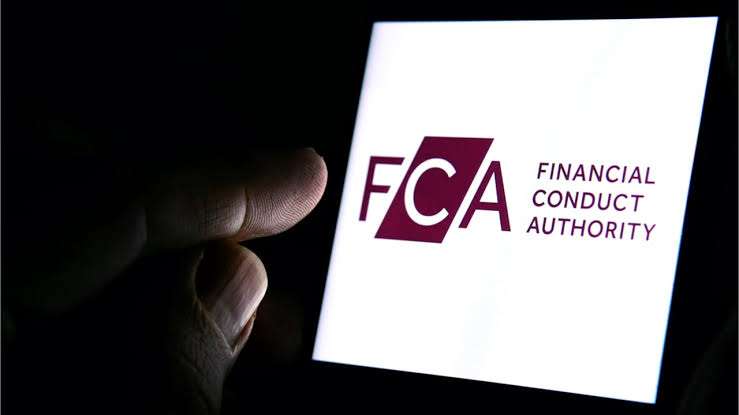The proposal extends FCA oversight to include crypto asset operations and custody, necessitating MLRs registration.
Treasury of the United Kingdom consultation paper on proposed changes to money laundering regulations that would have some implications for regulating crypto assets.
An evaluation of the Money Laundering, Terrorist Financing and Transfer of Funds (Information on the Payer) Regulations 2017 (MLRs) conducted in 2022 has informed the proposed modifications. The proposed changes now aim to achieve “smarter regulation”:
“Efficacy of the MLRs is contingent upon the presence of a comprehensive supervisory regime,” the paper continued. In light of this, the report delineated several potential modifications to the oversight of crypto asset service providers.
The Financial Conduct Authority (FCA) exercises oversight over certain institutions following regulations enacted in 2017. These institutions are also subject to the Financial Services and Markets Act of 2000 (FSMA).
While FSMA-regulated institutions are exempt from MLR registration requirements, most cryptocurrency firms operate without FCA oversight and are, therefore, obligated to adhere to MLRs.
MLRs-regulated institutions would continue to be subject to FCA regulation under the proposals outlined in the consultative paper; however, they would no longer be obligated to obtain MLRs authorization.
Crypto assets fall under the jurisdiction of the FCA under the existing FSMA regime “if they function as the foundational asset or property for regulated activities or financial instruments, including collective investment schemes.”
The scope of the FSMA will be expanded to encompass additional activities, including the operation and custody of crypto assets. Previously exempt from FCA oversight, crypto assets must now register with the FCA for MLRs supervision.
Aligning FCA and MLR Standards
Evaluations conducted following MLRs and FSMA diverge in several aspects. “In particular, the paper states that the thresholds for control and the types of individuals who can exercise it vary between regimens.”
The paper raises the question of whether it is necessary to maintain two distinct standards of control. The paper proposes a closer alignment between the requirements of MLR and FSMA.












